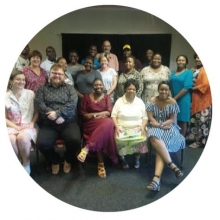CLARIN-PL representatives Justyna Wieczorek and Jan Wieczorek visited UNISA and SADiLaR, South Africa. The main purpose of their visit was to conduct a workshop on the use of the WordNetLoom tool for the development of the African Wordnet.
News

Tour de CLARIN highlights prominent User Involvement (UI) activities of a particular CLARIN national consortium. This time the focus is on Italy and Beatrice Nava, a PhD student who uses digital methodologies in Classical Studies.
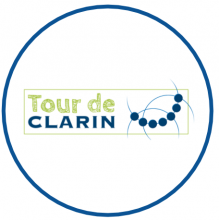
Since CLARIN-IT was established in 2016, its members have been organising a series of roadshow events aimed at the Italian Digital Humanities and Social Sciences community.
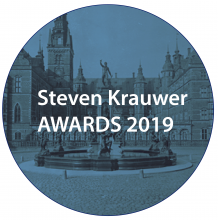
The call for nominations for the Steven Krauwer Awards is now open!
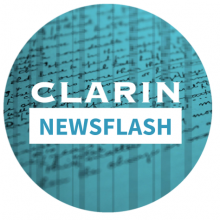
Read the most recent CLARIN Newsflash: March 2019 here

Read about LexO, a collaborative web editor used for the creation and management of (multilingual) lexical and terminological resources as linked data resources.
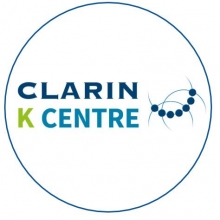
The CLARIN Knowledge Centre for South Slavic languages (CLASSLA) has been officially recognized as a CLARIN Knowledge Centre.
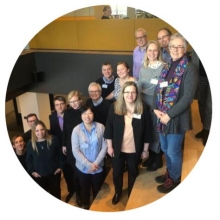
Read the report about the second CLARIN DELAD workshop that took place in Utrecht on 28-30 January 2019.
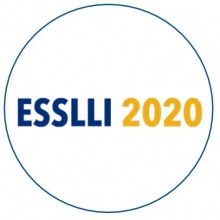
We would like to encourage researchers to submit proposals for courses and workshops related to CLARIN! Successful proposals can be submitted for (co-) funding through the CLARIN Call for User Involvement Event Proposals.

The MERLIN corpus is a written learner corpus for Czech, German, and Italian in order to illustrate the Common European Framework of Reference for Languages (CEFR) with richly annotated authentic learner data.
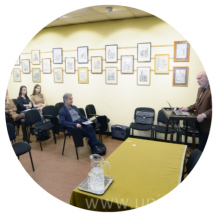
Blog post by Réka Dodé (HUN-CLARIN) about the workshop on "Use of Corpora, Language Technology Tools and Data Driven Methods in Human Sciences" that took place in Debrecen, Hungria.
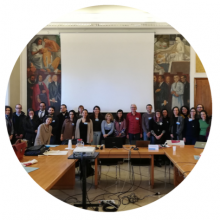
During AISV 2019, the CLARIN tutorial “Creating, Managing and Analysing Speech Databases using BAS Services and Emu” by Christoph Draxler and Florian Schiel aimed to present and discuss a number of resources available on the BAS web services page for researchers who work with empirical speech data.

Tour de CLARIN visits the Italian CLARIN consortium CLARIN-IT, which has been a full member of CLARIN since October 2015.

Read the most recent CLARIN Newsflash: February 2019 here

In this Tour de CLARIN blog post, we present an in-depth interview with Helge Dyvik, who is Professor Emeritus at the Department of Linguistics at the University of Bergen in Norway.
ASV Leipzig, the Hamburger Zentrum für Sprachkorpora (HZSK ) and the Universität des Saarlandes (UdS) have been successfully re-assessed as B-centres.
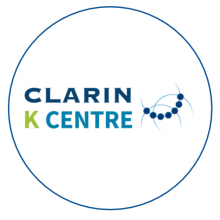
CLARIN and the IMPACT Centre of Competence are proud to announce the recent establishment of IMPACT as CLARIN K-Centre, IMPACT-CKC

Pipe is a modular toolchain that allows researchers to combine multiple natural language processing tools in a unified framework. It provides the gluing code that is used to combine tools even if they are written in different programming languages and rely on conflicting library versions.
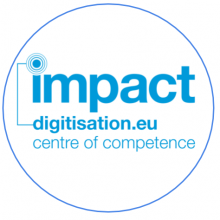
Blogpost by Mikel Iruskieta describing a research sample case that was succesfully conducted thanks to the services offered by the IMPACT centre of competence - CLARIN K-centre in digitisation
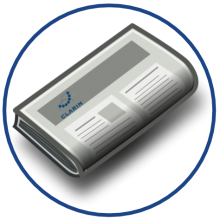
In this edition: Access to CLARIN federated login for South Africa, Results of your feedback in the 4.6 beta, Data & Service announcements from our centres, Best Practices guide: updated version available, Maintenance announcements, New FAQs
